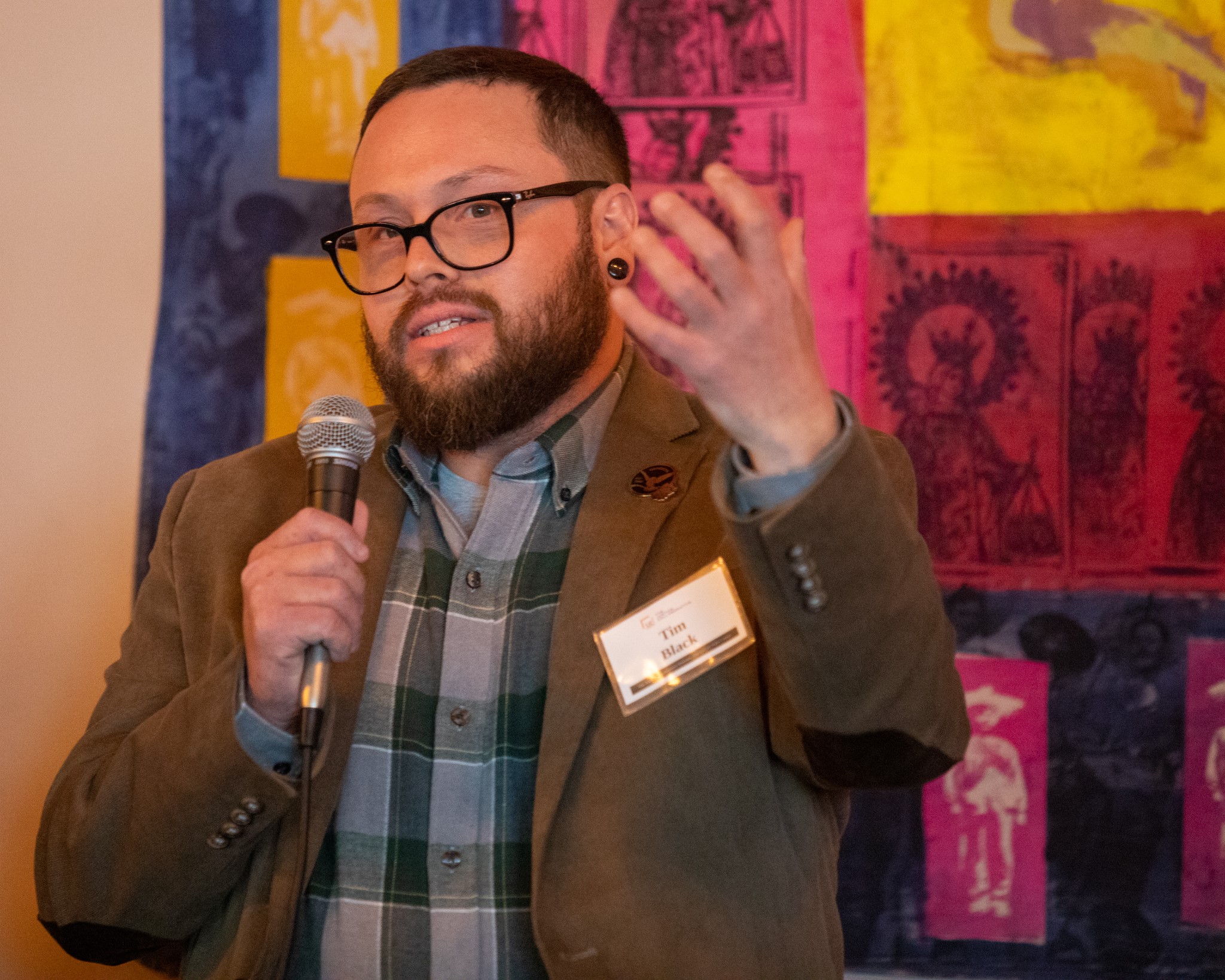Presentation Slides/Resources for Suicide/Child Mortality Review
CAHOOTS (Crisis Assistance Helping Out on the Streets): Providing an Innovative Approach to Mobile Crisis Intervention Since 1989
Presentation Slides
Overview of the history, impact, and application of White Bird Clinic’s CAHOOTS model of mobile crisis intervention based in Eugene, OR. Topics covered will include: budget, community impact, service delivery and best practices for intervention, patient and responder safety.
- Objective 1: Comprehensive understanding of the CAHOOTS response team model and staffing
- Objective 2: Key considerations for mobile crisis service implementation
 Objective 3: Best practices in effective collaboration with traditional public safety entities.
Objective 3: Best practices in effective collaboration with traditional public safety entities.
Tim Black is the Director of Consulting at White Bird Clinic. With a background in runaway and homeless youth, harm reduction, and street outreach, he began working for CAHOOTS as a Crisis Intervention Worker in 2010 before moving into an administrative role as the CAHOOTS Operations Coordinator in 2015. His work with White Bird and CAHOOTS has put him in touch with cities across North America looking to implement services based on the CAHOOTS model of behavioral health first response. Programs based on the CAHOOTS model have been implemented in Olympia WA, Denver CO, Rochester NY, San Francisco CA, and Portland OR. In addition to his work with White Bird Clinic, Tim is active in homeless advocacy and also serves on the Board of Directors for Eugene’s Community Supported Shelters.
Adapting and Implementing Caring Contacts for Suicide Prevention in VA (HSRD Cyberseminar, 3/9/2020)